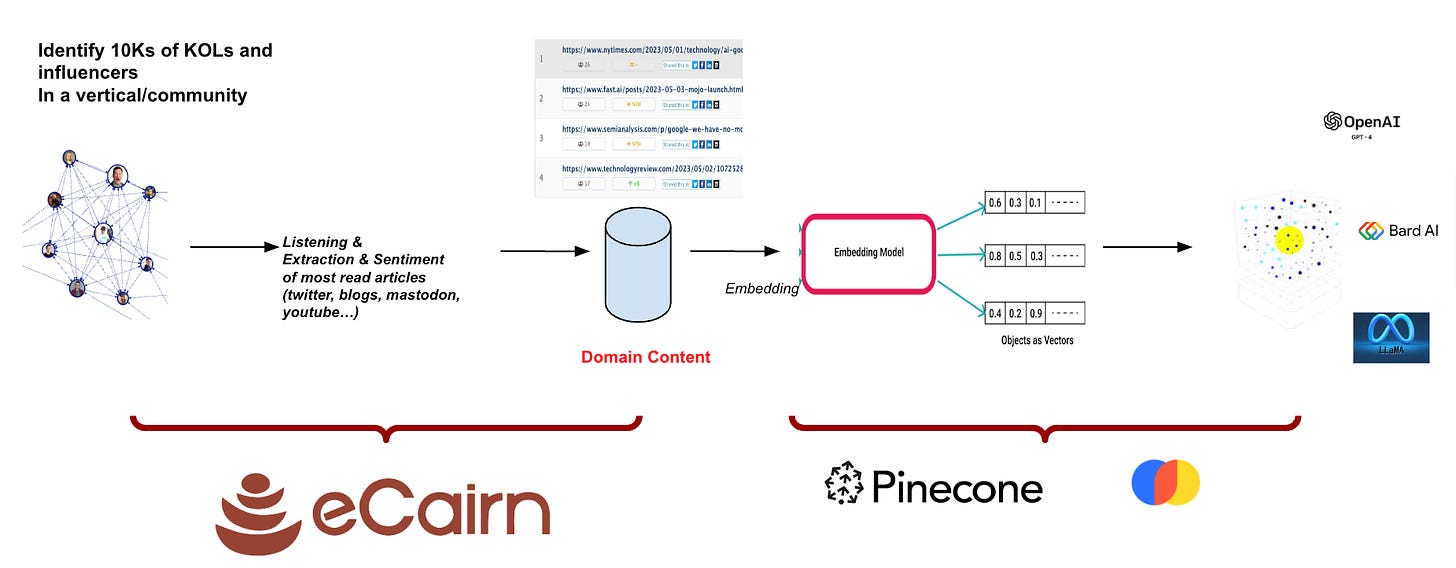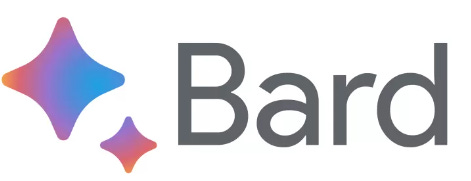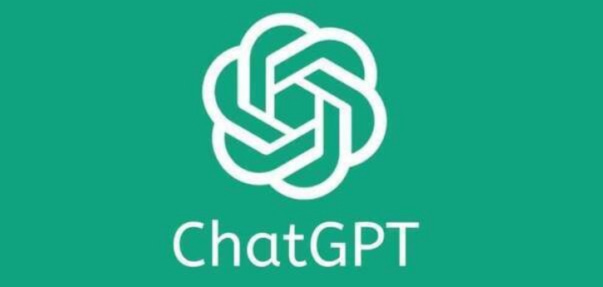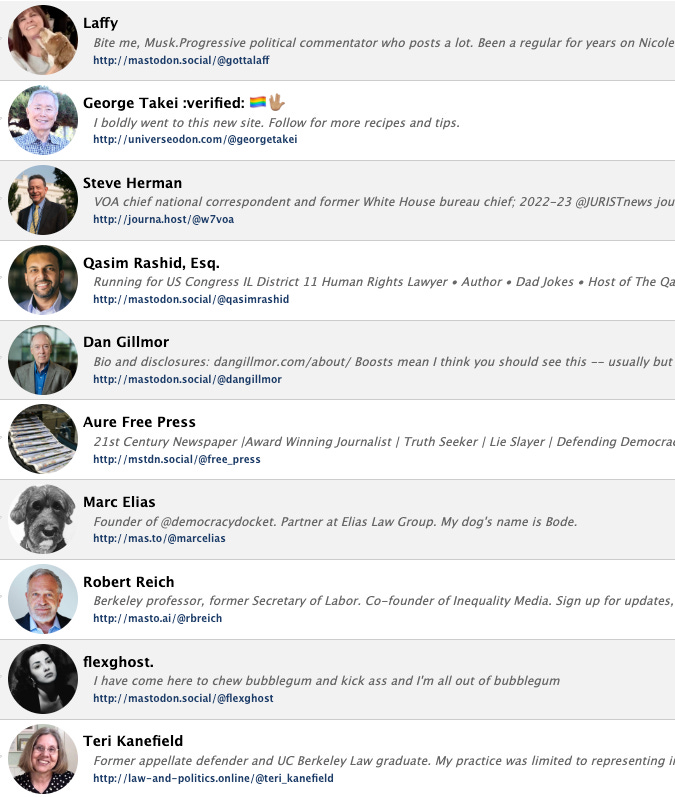I am sharing with you an experiment we are doing at eCairn, to deliver agents with explicit preference.
Why this? where all solutions out there are developing techniques and strategies to fight biais, there are actually use cases where biais/preference is useful.
As an example, let’s say I am building a conversational agent for Bernie Sanders campaign team (@BernieSanders) . These people would need rapid access to information that aligns with the view point of their candidate. For them, an extremely preference solution is the way to go.
I would even argue that there is benefits in “transparent biais”. What is not OK is when people pretend to provide “objective information” and sneak their own prospectives in the results.
So with this in mind, at eCairn, we have embarked on a journey to build
“ Agents with explicit preference”.
How do we do that?
First, we gather 10000’s of individuals and organizations in social media who identify with a specific “tribe/community” - this is eCairn’s secret sauce -.
These groups of people could be “hard core progressives”, “people from a specific city”, “soccer moms”, “experts in data science”, “affluent women entrepreneur in Upper West Side New York”…
We leverage this group of people as an echo chamber and capture both the articles they like/share (a lot) and their opinions (their own content).
Much like Bard, or the newly enhanced ChatGPT with search, we scan the collection of automatically curated “hard core progressive opinions and respond to the prompt using the best articles and opinions as context.
Demo
But let’s do a demo, using a controversial prompt (and very relevant in Florida!):
Should book with LGBTQ characters be banned from classrooms?
We ask Bard, GPT and our “Progressive_GPT” the same question for comparison.
Here is the link to the full response: https://g.co/bard/share/f557bec68be2
Here is a link to the full response: https://chat.openai.com/share/84a4c02b-27c8-4ba6-9650-a2f2f23151df
Progressive_GPT
Now let’s look at the Progressive_GPT, powered by eCairn
Let’s now look at how the system works when fed with opinions are articles shared by 1000’s of progressive opinion leaders. Here are a few influential individuals:
To power the conversational agent, we collected ~5000 progressive voices on Mastodon ( we also use Twitter but Twitter is getting expensive since Elon took over, and our findings is that the political conversations on Mastodon are actually richer than on Twitter).
As you can read, the answer is way more direct and affirmative.
Using a similar technique, it is possible to create a myriad of personas… as long as there are sizable groups in social media that identify with the persona.
Side note
The responses from GPT and Bard are supposed to be neutral but are they truly? and who defines the standard for a neutral answer?
For certain questions, refraining from taking a position is far from being neutral.











